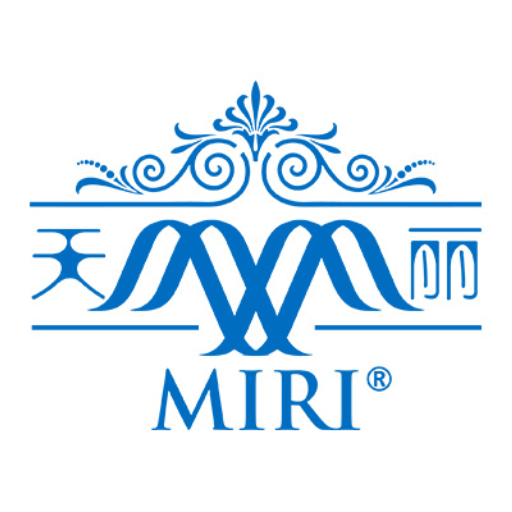Understanding Menopause: Symptoms, Natural Remedies, and Wellness Tips
Menopause is a natural biological process that marks the end of a woman’s menstrual cycles. While it’s a normal transition, the symptoms can often feel overwhelming. From hot flashes to mood swings, menopause affects every woman differently. Understanding these changes and knowing how to manage them can make this phase of life smoother and more comfortable.
What is Menopause?
Menopause typically occurs between the ages of 45 and 55, when a woman’s ovaries stop producing estrogen and progesterone. This hormonal shift triggers a variety of physical and emotional changes. The years leading up to menopause (perimenopause) can bring irregular periods, sleep disturbances, and other symptoms that gradually transition into full menopause, defined as 12 consecutive months without a period.
For more details on the stages of menopause, check out our understanding menopause guide.
Common Menopause Symptoms
Women experience menopause differently, but some common symptoms include:
- Hot flashes and night sweats
- Mood swings and irritability
- Vaginal dryness
- Sleep disturbances
- Weight gain
- Hair thinning
- Decreased libido
These symptoms occur due to fluctuating hormone levels. Our article on menopause symptoms explores these changes in more detail.
Natural Remedies for Menopause Relief
Many women seek natural approaches to manage menopause symptoms. Here are some effective strategies:
1. Phytoestrogen-Rich Herbs
Plants containing phytoestrogens can help balance hormones naturally. Miri Feminine Essence combines beneficial herbs like Pueraria Mirifica and Moringa Oleifera to support the female body during this transition.
2. Collagen Support
Menopause often leads to decreased skin elasticity and joint discomfort. Supplementing with Miri Collagen Protein can help maintain skin health and support joints. Learn more about collagen benefits in our collagen science article.
3. Stress Reduction Techniques
Practices like yoga, meditation, and deep breathing can help manage mood swings and anxiety that often accompany menopause. Our guide on menopause and self-care offers practical tips.
Long-Term Health Considerations
Menopause increases risk for certain conditions, making preventative care crucial:
- Bone health: Estrogen decline accelerates bone loss. Weight-bearing exercise and calcium-rich diets are essential.
- Heart health: Cardiovascular risk increases post-menopause. Regular check-ups and heart-healthy habits become more important.
- Weight management: Metabolic changes make weight control challenging. Read our menopause weight management guide for helpful strategies.
Embracing the Change
While menopause brings challenges, it can also be a time of personal growth and freedom. Many women find this phase liberating as they no longer need to worry about periods or contraception. For those struggling with severe symptoms, our natural relief for menopause symptoms article offers additional support.
Remember, every woman’s menopause journey is unique. What works for one may not work for another, so be patient with yourself as you find what helps you thrive during this transition.
